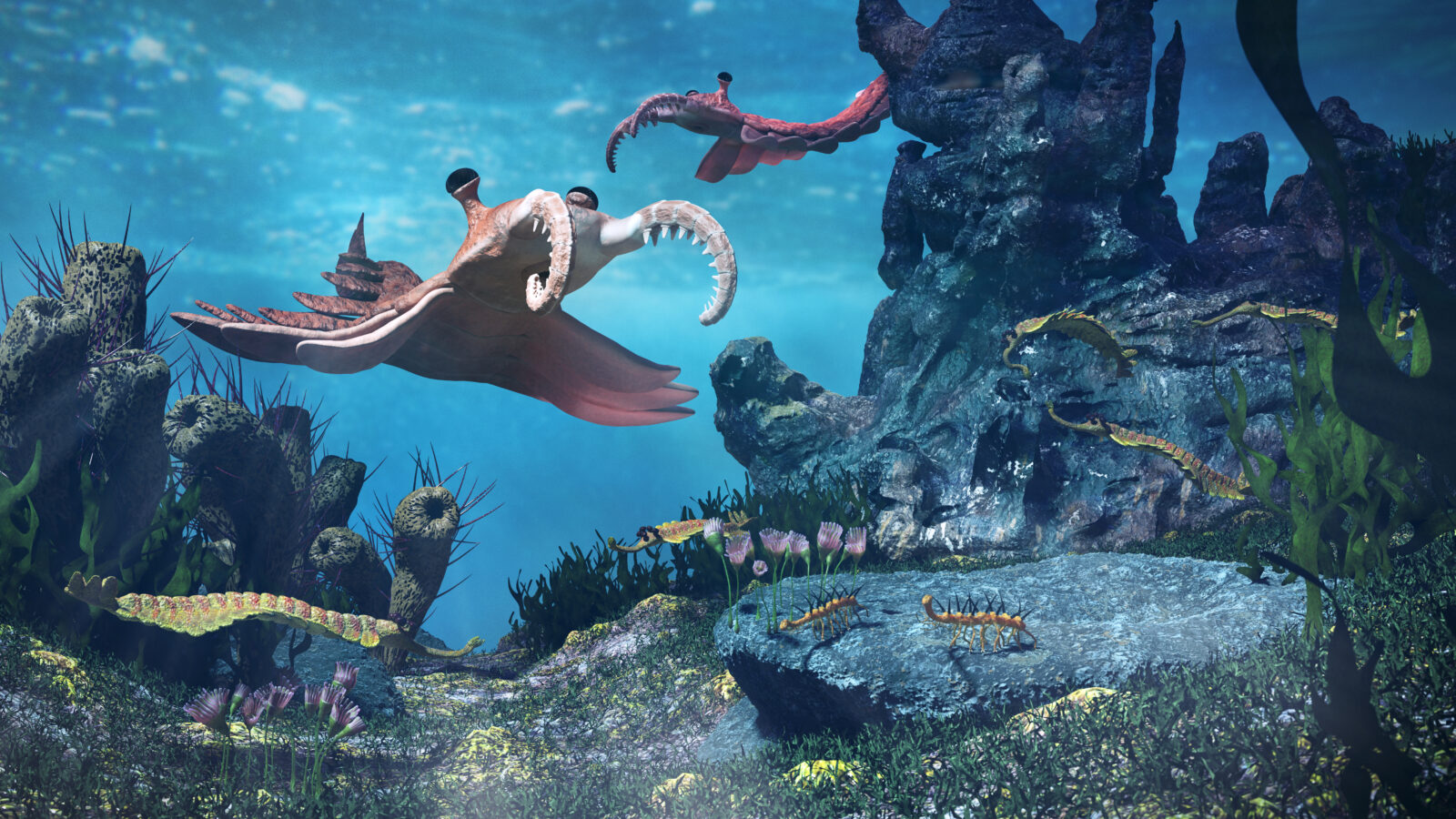


New Douglas Axe Intelligent Design Course: A Sneak Peek
Today’s ID the Future offers a 20-minute sneak peek at a new online course: Douglas Axe Investigates Molecular Biology and Intelligent Design. In this podcast excerpt from the course, Dr. Axe explains why Darwinism’s idea of evolution through a series of small stepping stone mutations meets several serious problems, why the need for cleverness is inescapable for creating clever things, and how his published work in the Journal of Molecular Biology shows that the Darwinian mechanism is helpless to construct new functional protein folds, never mind whole new organisms. In the full course, he investigates proteins and how they work, the genetic code, gene recruitment, population genetics, natural selection, and much more. Along the way, he explains why natural selection cannot explain the arrival of the fittest; what Twitter can teach us about evolution; and what paper airplanes have to do with Darwin. Find the complete video course here. And through April 30, 2021, you can get 30% off by using the discount code podcastspecial.